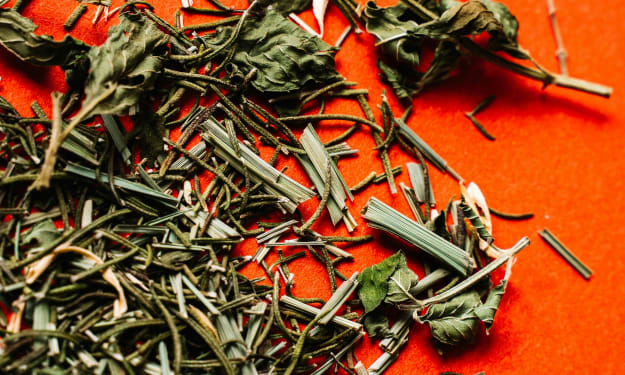Herbal Medicine: The Real Deal
Natural and Holistic Approach

Title: Herbal Medicine: The Real Deal
Introduction
Throughout human history, herbal medicine has played a vital role in promoting health and well-being. From ancient civilizations to modern times, the use of plants and their extracts as remedies for various ailments has persisted. In recent years, there has been a resurgence of interest in herbal medicine as people seek alternative and natural approaches to healthcare. In this article, we will explore the real deal behind herbal medicine and its potential benefits in today's world.
A Rich Tradition
Herbal medicine has deep roots in diverse cultures around the world. Traditional systems such as Ayurveda, Traditional Chinese Medicine (TCM), and Native American healing practices have long recognized the therapeutic properties of plants. These traditions have accumulated knowledge over centuries, cataloging the uses and effects of numerous herbs.
Active Compounds and Therapeutic Effects
Plants contain a wide array of active compounds, such as alkaloids, flavonoids, terpenes, and polyphenols, which can have significant effects on the human body. These compounds interact with our physiology, promoting healing and restoring balance. For example, the compound curcumin, found in turmeric, exhibits potent anti-inflammatory properties, while the alkaloids in the bark of the Cinchona tree have been used to treat malaria.
Modern Scientific Research
The popularity of herbal medicine has not gone unnoticed by the scientific community. Researchers worldwide are actively studying the therapeutic potential of various herbs, aiming to understand their mechanisms of action and validate their traditional uses. As a result, we now have a growing body of scientific evidence supporting the efficacy of certain herbal remedies.
For instance, the herb St. John's Wort has been extensively studied for its antidepressant properties, showing comparable effectiveness to some prescription medications in treating mild to moderate depression. Additionally, the extract of the saw palmetto fruit has demonstrated promise in relieving symptoms of benign prostatic hyperplasia (BPH), a condition affecting many men as they age.
Complementary and Integrative Medicine
In recent years, there has been a shift towards integrative medicine, combining conventional medical practices with complementary therapies such as herbal medicine. This approach acknowledges that both traditional and modern medical systems have their strengths and can be used together for optimal patient care.
Herbal medicine is often used as a complementary therapy to conventional treatments. For example, cancer patients may use herbal remedies to alleviate side effects of chemotherapy, such as nausea and fatigue. However, it is essential to consult with healthcare professionals before using herbal remedies alongside prescription medications to avoid potential interactions.
Natural and Holistic Approach
One of the appealing aspects of herbal medicine is its natural and holistic approach to healing. Unlike many pharmaceutical drugs that target specific symptoms or organs, herbal remedies often work on multiple levels, addressing the root causes of illness and supporting overall well-being.
Moreover, herbal medicine emphasizes the connection between the mind, body, and spirit. Many herbal traditions emphasize lifestyle modifications, dietary changes, and stress reduction techniques alongside herbal remedies. By taking a holistic approach, herbal medicine aims to restore harmony and promote long-term health rather than providing quick fixes.
Potential Limitations and Considerations
While herbal medicine offers promising benefits, it is crucial to approach it with caution and awareness. Some herbs may interact with prescription medications or have adverse effects in certain individuals. Therefore, it is vital to consult with trained herbalists or healthcare providers who can guide you on proper usage, dosage, and potential risks.
Standardization and Quality Control
Another challenge in the realm of herbal medicine is the lack of standardization and quality control. Unlike pharmaceutical drugs, herbs can vary significantly in their chemical composition and potency due to factors such as cultivation methods, harvesting practices, and storage conditions. It is essential to source herbal remedies from reputable suppliers who adhere to stringent quality control measures and provide reliable products.





Comments
There are no comments for this story
Be the first to respond and start the conversation.